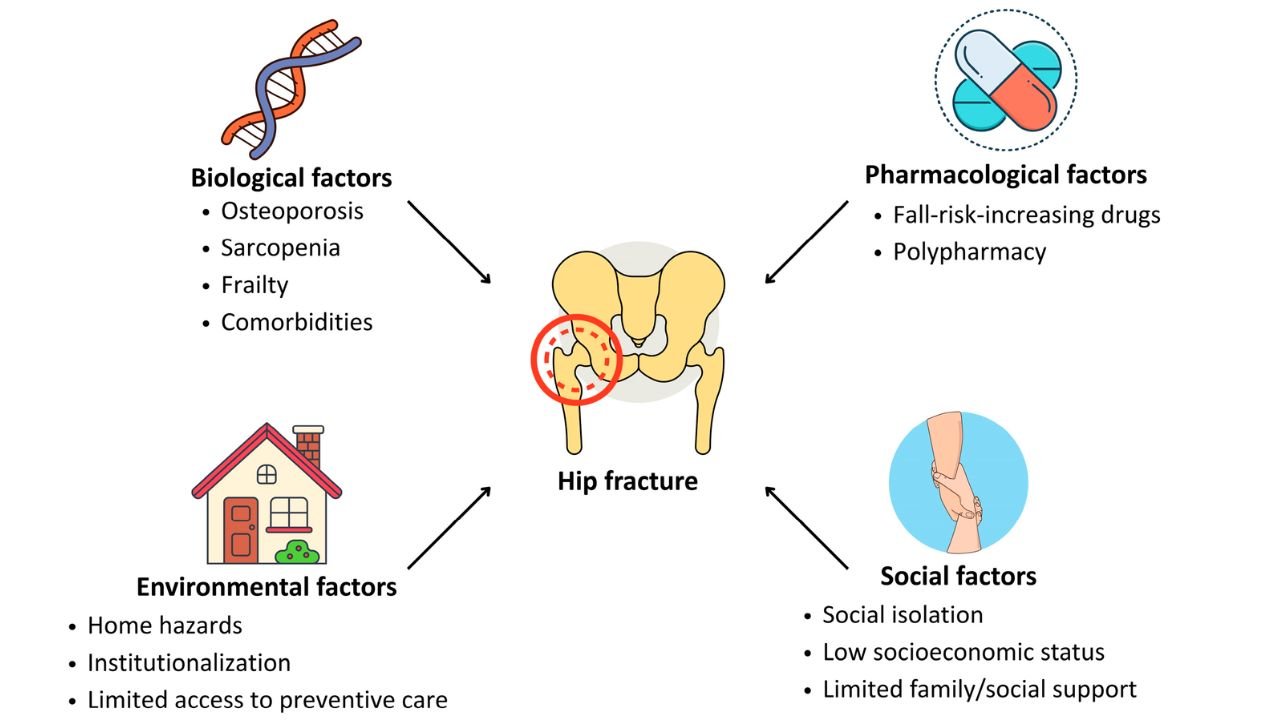The medical sector is adopting a more active method on how diseases are prevented. Genetic counseling has become an important element in this active movement, being the one that can give people some insights about their health. Regardless of whether genetic testing is to be pursued, the establishment of parenthood or the need to develop a better picture about personal predisposition to health issues, such counseling is scientifically informed, guided by genetic knowledge.
What is involved in Genetic Counseling?
Genetic counseling is a procedure in which people and families get enlightened about implications of genetic testing. It starts with the review of medical histories and the evaluation of genetic risk factors in detail. Genetic counselors are helpful during sessions to describe complicated genetic matters and impartially assess prospective health issues.
Discussion of family history also forms part of a session of counseling which is part and parcel of establishing some of the conditions that can be inherited. Counsellors assess the hereditary tendency to certain diseases like an inherited cancer, metabolic problems, or cardiac diseases. Based on information amassed, they can lead patients to proper genetic tests. These tests are performed examining the DNA in order to identify certain shifts concerning medical conditions.
Importantly, such service does not restrict to test results. It creates a wider framework of interpretation of genetic information with a focus on possible health risks and a subsequent focus on responsible decision making. The counseling mechanism gives patients an appropriate system of comprehending and interpreting their genetic information.
What is the Implication of Genetic Counseling in Disease Prevention?
Counseling plays a huge role in preventing diseases in that it highlights the risk factors that may have been undermined. Using the knowledge attained during counseling, one is capable of detecting any possible genetic markers of conditions prior to the manifestation of symptoms. The move has the potential of potentially yielding early interventions and customized prevention efforts.
Hereditary cancers are one of such applications. Genetic counseling would reveal carriers of a certain mutations e.g. BRCA1 or BRCA2. These genetic markers are bridged with high risks of breast cancer and ovarian cancer. When it is detected early, people can team up with medical services to take precautionary measures, including routine check-ups or change of behavior.
It is adopted in cases of metabolic disorders as well. Counseling is especially important when it helps prospective parents create an estimation of how likely they are to be the ones to pass some conditions to their children. The genetic counselors can get this information by assessing the position of carriers in order to determine whether a child is at risk of acquiring genetic disorders such as cystic fibrosis or sickle cell anemia.
In addition to the special conditions, counseling facilitates personal healthcare plans. People that are at high risk of certain illnesses will have access to preventive actions which may include changing their diets, increased surveillance or drugs that may limit the possible severity of a condition. Counseling can be used to unravel the latent dangers and as such, it can inform clinical decisions and maximize long time health management.
Learn Further About Genetic Counseling and Disease Prevention
The counseling service is becoming a major component of contemporary healthcare plans, where the science of genetics is used in promoting better prevention of diseases. Assessment of genetic composition and the determination of possible risks gives people the means of being proactive about their health. This process enables your considered choices in healthcare, including personal screening routines to carrier risk. As genetic counseling promises some great potential, you might want to consider it by speaking to a qualified genetic counselor on how genetic counseling could benefit your health or your family.



